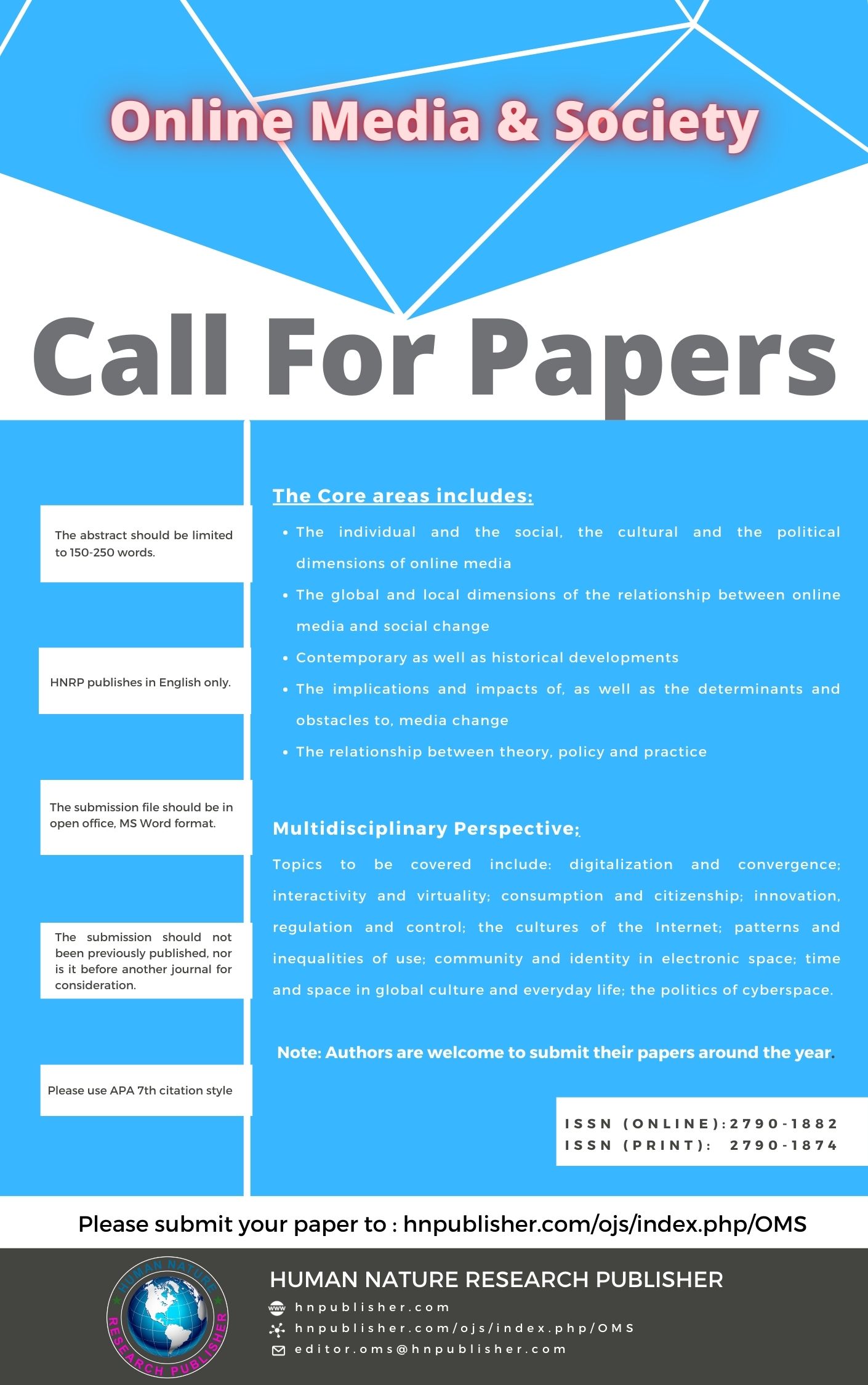Intervening Effects of Academic Performance between TikTok Obsession and Psychological Wellbeing Challenges in University Students
DOI:
https://doi.org/10.71016/oms/qy5har60Keywords:
TikTok Addiction, Uses and Gratification Theory, Mental Health, Academic PerformanceAbstract
Aim of the Study: This study examines how TikTok addiction affects academic performance, mental health, and social interactions of the University Students. Teachers and parents are concerned about the potential implications of this application which affects the educational performance of the students. Studying influence of TikTok finds its theoretical underpinnings in uses and gratification theory (Smith & Short, 2022).
Methodology: This cross-sectional descriptive-analytic study was done in June–August 2022 at Minhaj University Lahore and data was collected from undergraduate students. Following survey method, the research design involved questionnaire for data collection whereas reliability and validity were established by Cronbach's Alpha. Using simple random sample technique, the researcher collected the data from the sample size of (N=240) Minhaj University Lahore including student rosters from mass communication, sociology, international relations, political science, history, English, and Urdu departments.
Findings: The results through structural equation modeling (SEM) showed significant association among Tiktok addiction and mental illness which leads to depression and anxiety as well as the poor academic performance.
Conclusion: This study concludes that Tiktok is the most popular app for Pakistani youth and involves both appropriate and inappropriate content. Digital literacy should be introduced in educational institutions so that the excessive use of social media applications can be restricted, and the worsening psychological wellbeing of students may be halted.
Downloads
Published
Issue
Section
License
Copyright (c) 2022 Dr. Salman Amin, Dr. Aatif Iftikhar, Dr. Arsha Saleem Meer (Author)

This work is licensed under a Creative Commons Attribution-NonCommercial 4.0 International License.








